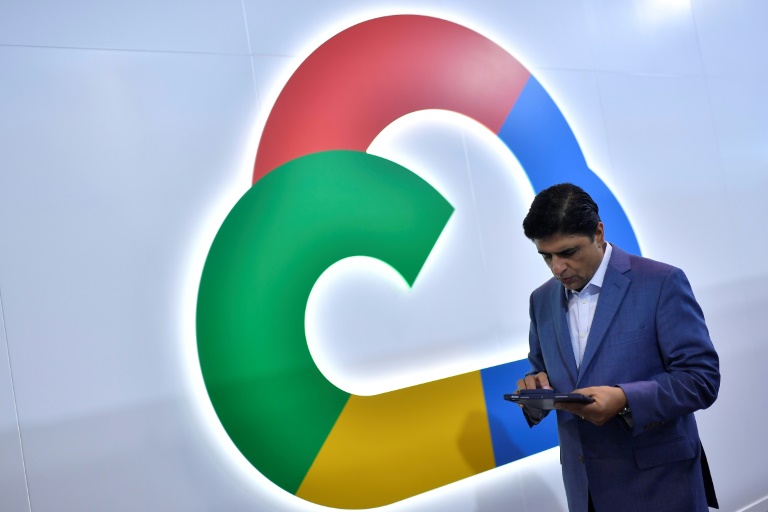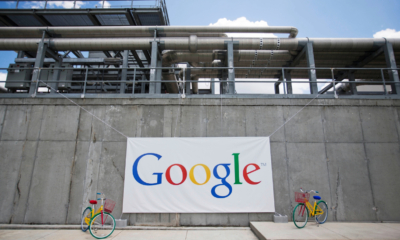SOCIAL
Google accused of taking user data to trains its AI: A case for the defence?

Google is dabbling with letting developers, hospitals, car makers and others use its Cloud computing platform to tap into generative artificial intelligence capabilities like those causing a buzz in ChatGPT – Copyright AFP Sam Yeh
A recent lawsuit has been enacted against Google. The lawsuit alleges that the tech giant stole from millions of U.S. people in order to train its artificial intelligence products.
The class-action suit was filed during August 2023 against Google and its parent company Alphabet. The action was brought by Clarkson Law Firm. The firm previously filed a similar suit against ChatGPT-maker OpenAI during July 2023.
Jennifer Coates is a partner at international law firm Dorsey & Whitney who represents high-profile and government entities in complex litigation cases. She previously served as an Assistant Attorney General with the Office of the Minnesota Attorney General, which she has represented regulatory agencies in state and federal courts and regularly advises clients on data privacy, risk management and cybersecurity matters.
Of the recent class action lawsuit against Google, Coates explains to Digital Journal that the lawsuit does not stand a great chance of success. This is based on the following premise: “The United States is not going to prohibit an individual from going to a library and reading whatever they want. The thoughts that the individual generates from that reading and learning are unique to that individual. The same could be argued about Bard or any other AI product.”
Taking a relatively liberal position, Coates adds: “The danger of a lawsuit like this is not how it constrains artificial intelligence, but how it constrains human beings, as well. Who is to say that an individual cannot use all the touchpoints in their life to develop a response to something? Isn’t that what the Supreme Court just said in the Affirmative Action cases?”
Coates expands further on the arguments against the lawsuit: “The allegations in the complaint boil down to this: Publicly communicated/posted information should be considered private. United States law does not support that idea. An individual does not have a reasonable expectation of privacy in something shared publicly. First, copyright law has a fair use exception for educational purposes.”
Continuing with the narrative, Coates continues: “Second, if an individual shares information with a third party and then agrees to share it, there is no reasonable expectation of privacy. Lastly, even password protected communications can be accessed by law enforcement through connected social media accounts.”
“The lawsuit is trying to meld two separate concepts. One idea is that a corporation gathers an individual’s data to study that specific individual’s behaviour; The second idea is that Google is gathering data to educate its AI model about people, generally. It’s apples and oranges,” expands Coates.
Coates also levels the following in Google’s defence: “Most importantly, assuming that Google’s privacy policy told users that it was collecting data and also asked users to accept that policy by using the site, then the users were warned about not only the use of their data, but also how it can be used.”
Summing up the case for the defence, Coates expands: “The nature of AI is not regurgative, which is really what the complaint is arguing in the case against Google. Like any self-taught being, AI analyzes and examines all types of thoughts, ideas, writings and other information and then uses those ‘learnings’ to provide a thoughtful response to a query. That response is only as good as the information to which it has previously had exposure.”
This begs the question: “So then, what is so different about having a person gather and synthesize information and having a computer do it? I suppose the answer is that AI does it faster and more efficiently. That, however, does not change the nature of what it is doing or which information it is using,” explains Coates.
In terms of wider business lessons, Coates proposes: “Most corporations with a web presence have explicit privacy policies that provide a user with information about how their data may be tracked or used on the site by that specific corporation. Companies that have not already done so, may also consider advising their web-users that certain data (i.e. posts or comments) are public and, subject to the applicable laws, may be accessed by unrelated entities.”

















